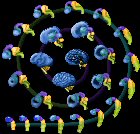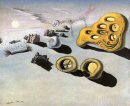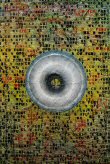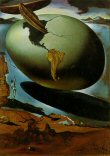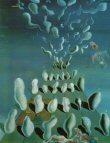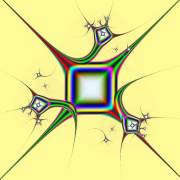The global ecological conscience becames unavoidable both because of the obvious environmental devastation and because of the expanded awareness of that through the Internet.
Every instance of deforestation, the melting of every glacier, every territory where drought advances, as well as the presence of pollutants in the atmosphere and in the seas is monitored by the sensitive nervous systems of satellites, whose data are being sent back to the Internet’s nervous system, which in its turn is connected to individuals’ nervous systems, and in their turn connected between themselves through the Net.
[/en][it]
La coscienza ecologica globale è diventata inevitabile sia per gli evidenti disastri ambientali che per l’allargata consapevolezza degli stessi tramite Internet.
Ogni deforestazione, ogni fusione dei ghiacciai, ogni territorio in cui avanza la siccità, nonchè la presenza di inquinanti nell’atmosfera e nei mari è monitorata dal sistema nervoso elevato dei satelliti i cui dati vengono rimandati al sistema nervoso di Internet, a sua volta connesso ai sistemi nervosi dei singoli individui, e a loro volta connessi tra di loro mediante la stessa Rete.
[/it]

